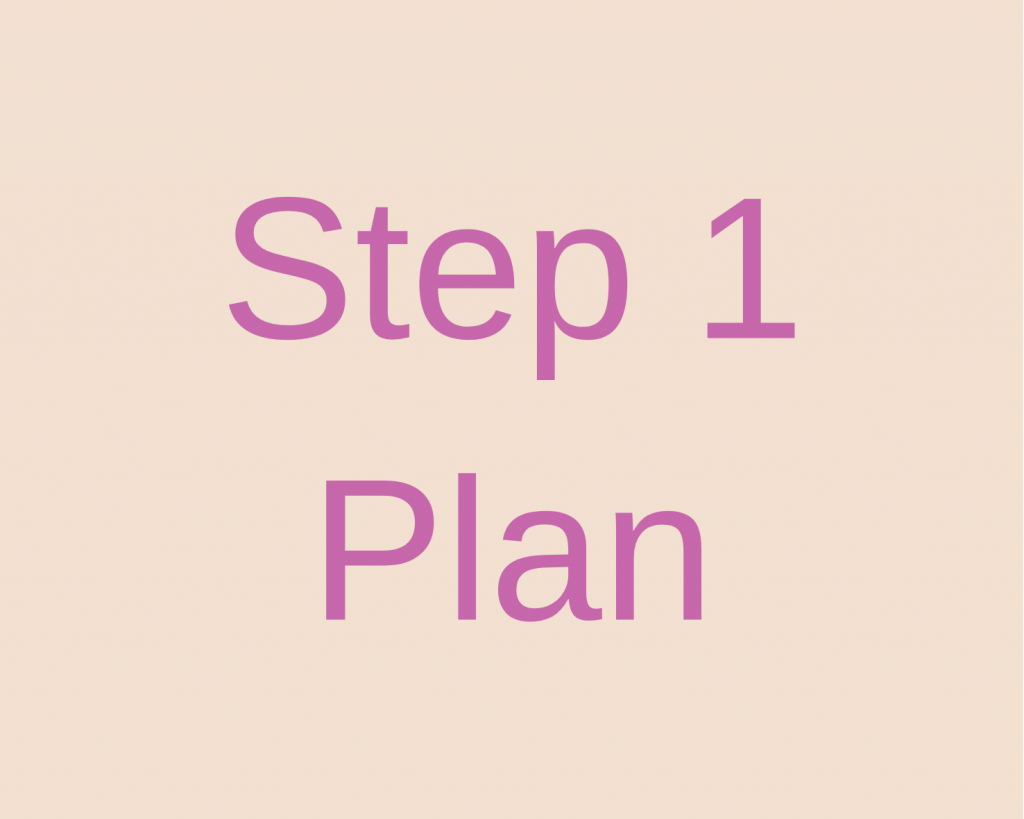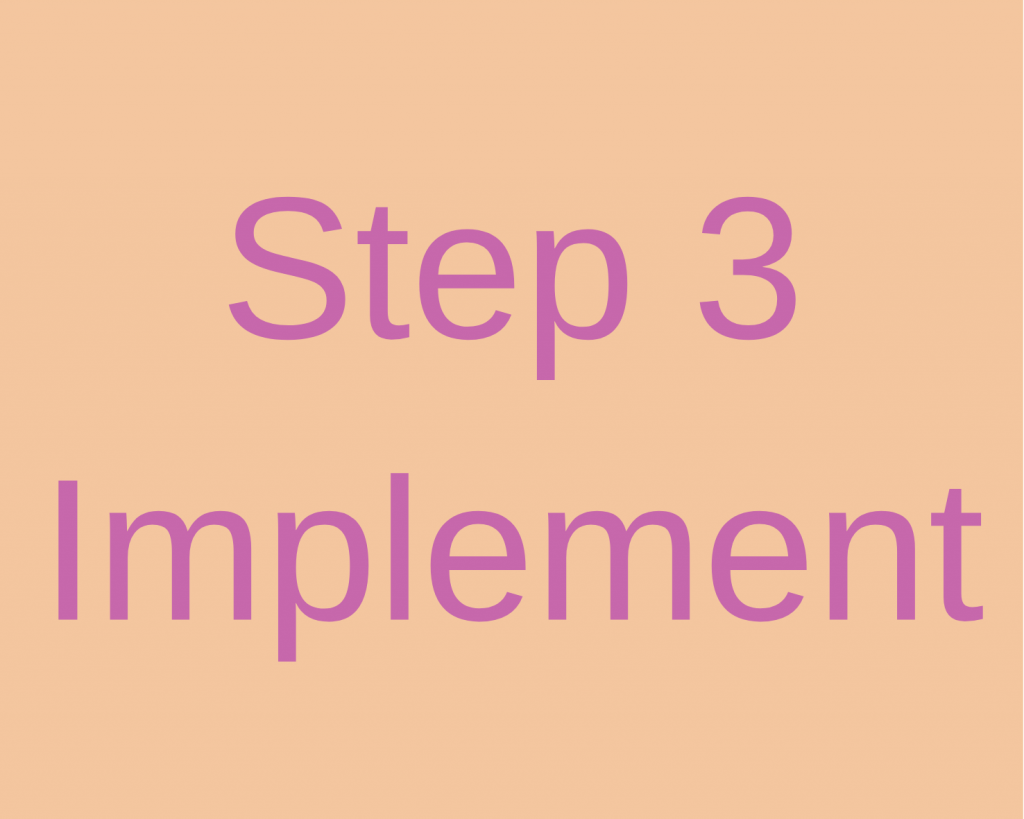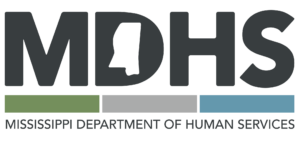Developmental Screening: Referral & Resources
Our recommended resources for providers can help your practice expand and improve developmental screening services. Resources for families are also included – tell caregivers about these resources or distribute these materials to help them track and support their children’s development.
Part 1: Making Referrals
When a screening, assessment, or surveillance indicates that a referral for further assessment or service provision is required, it is necessary to initiate the referral and engage the family to ensure successful connection to services. By developing a plan together, provider-family teams are more likely to be successful. Everyone on this team is invested in making sure the child receives the necessary assessments and interventions so both the child and family can thrive. When this team includes a family-navigator, case-manager, community partner or other support staff, it is ideal.
Participating in existing resource referral, care-coordination, early childhood systems networks, and using other supports available in the community to improve family experience and bring efficiencies to your practice (such as those available for Helping Families Follow-Up with Referrals for Developmental Concerns) has great benefits. Taking the time to explore what is available in your community is worthwhile, and this Bright Futures Community Resources Handout may be helpful. Also, if applicable in your state/community, connecting with Early Childhood Comprehensive Systems Health Integration Prenatal-to-Three (ECCS) Program , Help Me Grow contacts, or similar partners can support your efforts.
Developmental delays and issues may meet your state’s early intervention eligibility requirements. If the child is under age three, state early intervention Part C provides follow up. For preschool children ages three through five, services are provided free of charge through the local public school system. State contact information can be found here. Additional information and resources can be found at: Developmental Surveillance Resources for Healthcare Providers | CDC .
While some tips and resources specific to basic developmental screening were put forward in this section, it is important ensure processes are in place to connect families and coordinate services that address whole child and family needs such as caregiver depression and food insecurity. There are also some referrals that can be made to support the development of all children such as quality child-care (State by State Resources – Child Care Aware® of America) or local libraries and parent-groups. A template with an array of important services can be found here.
Explore the Engagement In Action Framework for a statewide integrated early childhood health system which sets forth an approach and implementation roadmap to help promote connections across the early childhood system and highlights many partners that can collaborate to support early childhood development.
Part 2: Resources
Below are recommended resources for pediatric providers to use to learn more and to assist the expansion and improvement of developmental and behavioral screening services in their practices. In addition, resources are listed for providers to offer to families to help them track and support their children’s development.
Resources for Providers
- Screening Technical Assistance & Resource Center: AAP’s resources and trainings on comprehensive developmental screening. Offers free CME/MOC Part 2 trainings.
- AAP’s Physical Developmental Delay Online Tool: This tool helps determine if a child has physical developmental delays. You can use this in your clinic or share it with families.
- Motivational Interviewing in Health Care Settings: Opportunities and Limitations: This paper provides a brief overview of Motivational Interviewing and suggestions for addressing issues you may experience when communicating with caregivers during the screening process.
- Reach Out and Read: A way to promote reading by providing books to families at well-child visits. Reach Out and Read Reach Out and Read Resources are available for parents of children of different abilities (e.g., language delay, developmental delay, ADHD, ASD).
- Center on the Developing Child: Harvard’s research center with numerous resources to help communicate the science of child development.
- Child and Adolescent Health Measurement Initiative: CAHMI’s Cycle of Engagement Model and Well Visit Planner Approach as well as related resources and research can help with conducting whole child and family well child care and engage families to provide personalized counseling and education.
Quality Improvement Resources
- American Academy of Pediatrics (AAP) Quality Improvement in the Pediatric Practice: This provides an introduction to QI and the PDSA framework. Topics covered include the basics of QI, creating a QI team, and how to complete a PDSA.
- The National Institute for Children’s Health Quality (NICHQ) Quality Improvement 101: This is a self-directed course that introduces quality improvement science concepts. QI 102 provides lessons, exercises, and examples of best practice, and direction on moving from one PDSA cycle to another.
- The American Board of Pediatrics – Your Own QI Project: This resource provides instructions on how to create your own Maintenance of Certification Part 4 QI project
- Institute for Health Care Improvement (IHI): IHI provides cutting edge toolkits to support implementation of change, including this Project Charter template to support planning for change. This IHI Quality Improvement Toolkit offers help for improvement projects, continuous improvement, and quality management.
Resources to Share with Families
- CDC’s Learn the Signs. Act Early: The program encourages parents and providers to learn the signs of healthy development, monitor every child’s early development, and act early when there is a concern. Free checklists and other tools available in their online toolkit can be distributed and discussed during well-child visits to encourage developmental monitoring.
- Milestone moments booklets: These booklets help caregivers track their children’s development, support their growth, and make a note of concerns. The booklets include guidance for what to look for at home, and what to ask providers about.
- Children’s books: Books for caregivers to read to their 1-3 year-olds. These books include quick tips and information for caregivers related to milestones.
- Milestone Tracker Mobile App: Caregivers can access and complete developmental milestone checklists, watch videos of milestones in action, and find developmentally appropriate activities through this app.
- Milestone Checklists: Printable milestone checklists
- Milestones in Action – Online Video Library: An online library of videos demonstrating various milestones. We recommend showing these videos during appointments on a tablet or laptop to show parents different milestones.
- AAP’s Physical Developmental Delay Online Tool: Helps parents and providers determine if a child has physical developmental delays.
- Well Visit Planner Family Resource Sheets: Provides family friendly information for each of the Bright Futures Recommended topics to be addressed across 15 well visits occurring in the first five years of life.
About This Resource
The overarching goal of the Child Health and Development Project (Mississippi Thrive!) has been to improve developmental health outcomes for young children through the building of a statewide developmental and behavioral health system. As part of the system build MST worked with health care providers to increase developmental screenings, connect more children to the services they need, and equip providers with materials and resources to promote developmental and behavioral health with caregivers at wellness visits. Additional work was conducted to advance more comprehensive, family-engaged, whole child approaches.
This toolkit provides information about the specific resources and approaches used to support health care providers at the University of Mississippi Medical Center to integrate developmental screening and additional approaches to engage families and conduct comprehensive screening and personalized health promotion into their pediatric practices as well as lessons learned. It was modeled after the Louisiana Developmental Screening Toolkit created by the Developmental Screening Initiative at the Louisiana Bureau of Family Health. It incorporates a Continuous Quality Improvement framework based on the clinical practice guidelines form the American Academy of Pediatrics.
This toolkit was developed by the Mississippi Thrive! Enhanced Pediatric Medical Home Services (EPMHS) team in partnership with The Child and Adolescent Health Measurement Initiative (CAHMI). The Child Health and Development Project: Mississippi Thrive! (CHDP) was a project of the University of Mississippi Medical Center’s (UMMC) Center for the Advancement of Youth (CAY) and the Social Science Research Center (SSRC) of Mississippi State University (MSU).
This project was supported by the Health Resources and Services Administration (HRSA) of the U.S. Department of Health and Human Services (HHS) as part of an award totaling $17.4 million with 0 percent financed with non-governmental sources. The contents are those of the author(s) and do not necessarily represent the official views of, nor an endorsement, by HRSA, HHS, or the U.S. Government. For more information, please visit HRSA.gov today. The Child and Adolescent Health Measurement Initiative (CAHMI) is a national non-profit initiative founded in 1996 to promote the early and lifelong health of children, youth and families using family-centered health and health care quality data and improvement tools and research. The Cycle of Engagement Well Visit Planner approach was developed and is maintained by the Child and Adolescent Health Measurement Initiative (CAHMI).














